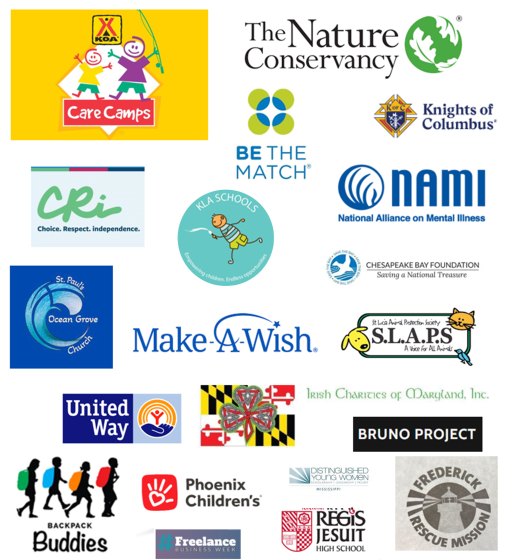Benefits
MBO offers a robust package of benefits and a work environment that allows for career growth and professional development.
At MBO, we foster a dynamic work environment that values innovation and entrepreneurship. You'll find ample opportunities to contribute your unique skills and ideas, challenging conventions and making a meaningful impact on our collective goals and success.

Working at MBO Partners
We are a fully remote organization with staff in 28 states and counting! Our headquarters is located in Ashburn, Virginia.
30% of all MBO employees started in a different role than they currently work in today. We encourage growth through defined career development training.
Work hard, play hard
A collaborative learning culture supports not only your career growth, but your professional development as well.
You'll have access to online training platforms, take part in professional development and inter-team cross-training activities, attend quarterly all-hands webinars, and receive our bi-monthly "From the CEO" newsletter.

MBO provides comprehensive benefits for all corporate employees
From health and wellness programs to opportunities for career advancement, we ensure that our team
members have the support they need to thrive in both their personal and professional lives.
Health and wellness
Enjoy comprehensive medical, dental, and vision coverage for you and your family. Benefit from a Health Savings Account with tax-free payment options and company matching.
Life insurance programs
Benefit from basic and supplemental life insurance coverage, ensuring financial security for you and your dependents. Explore additional options tailored to your needs and circumstances
Voluntary benefits
Enhance your coverage with voluntary benefits such as critical illness, hospital indemnity, and accident plans. Explore options like pet insurance to safeguard your loved ones.
Work-life balance
Enjoy flexible time off options, including paid holidays and an annual Volunteer Day. Embrace a healthy work-life balance with dedicated time for personal and community engagement.
Compensation and rewards
Be rewarded for your contributions with corporate success and personal wealth bonuses. Prioritize wellness with dedicated bonuses and support for remote work and talent referrals.
401k plan
Plan for your future with our 401(k) retirement plan, offering traditional and Roth IRA investment options. Secure your financial well-being with flexible and comprehensive retirement planning.

Making an impact
At MBO Partners, we believe in giving back to our communities, and our employees are at the forefront of making a difference. Through our volunteer time off program, our team members dedicate their time and efforts to various causes close to their hearts. Together, we've supported numerous organizations, embodying our commitment to social responsibility and community engagement.
Here are a few of the organizations that our employees have volunteered with.
Our volunteers in action
At MBO Partners, our volunteers actively participate in diverse events and initiatives aimed at supporting the organizations they deeply care about. From fundraising drives and community clean-up efforts to mentorship programs and educational workshops, our team members are committed to making a tangible difference.
Check out the inspiring work of our volunteers as they actively engage with their communities, making a lasting and meaningful impact on their neighborhoods.
